Lebanese protesters return to streets in car convoys amid virus outbreak
Observing social distancing guidelines amid a virus outbreak, dozens of Lebanese people have taken to the streets across Beirut and other cities in their cars to protest rising poverty and economic woes.
The car convoys formed across the capital, the northwestern city of Tripoli, and the southwestern city of Sidon on Tuesday.
In Beirut, cars thronged around the UNESCO Palace, which was chosen by Speaker Nabih Berri to host the parliament’s first reconvention since the legislature was shut down for contagion fears.
The pandemic has so far infected 677 people and killed 21 in the country.
Cars were seen draped in Lebanese flag, with drivers honking their horns and protesters shouting slogans while leaning out in facemasks.
The lingering protests receded to some extent in January, when the country swore in a new government. They, however, resumed Friday in Tripoli, where locals reportedly showed up in their hundreds.
Lebanon’s debt equals 170 percent of its gross domestic product. The country failed to catch up on the arrears for the first time last month.
The Lebanese pound, which is pegged to the dollar, has depreciated by almost half in recent months. The loss in the currency’s value has been simultaneous with a severe shortage of the greenback.
The overall dire economic conditions have subjected around 45 percent of the country’s population to poverty.
The economic situation comes as the United States and its Persian Gulf allies have imposed sanctions on Lebanese economic assets and figures for government cooperation with the country’s Hezbollah resistance movement.
The popular movement — which is widely represented in the parliament — became an integral part of Lebanon’s defense force after defending the country against wars by Israel, the US’s most important regional ally, in the 2000s.
During Tuesday’s session, the parliament passed a law to fight corruption in the public sector and set up a national body in charge of stamping out graft. The MPs also discussed lifting immunity for ministers and lawmakers to allow prosecutions for corruption.
Hezbollah has likewise urged an indiscriminate fight against corruption in order to heal the country’s economic woes.
Pezeshkian condemns ‘savage’ US-Israeli attack on school that killed nearly 90
Islamic Jihad extends 'full solidarity' with Iran following Israeli-American aggression
Leader of the Islamic Revolution martyred in cowardly Israeli-American aggression
Iran to continue acting in self-defense until enemy’s aggression ends: UN envoy
True Promise 4: IRGC launches new waves of missiles at Israeli, American targets
Iran to make Zionist criminals and vile Americans regret their actions: Security chief
Hezbollah, Ansarullah warn US-Israeli aggression on Iran to engulf entire region
Russia strongly condemns US-Israeli aggression on Iran, calls for UNSC meeting



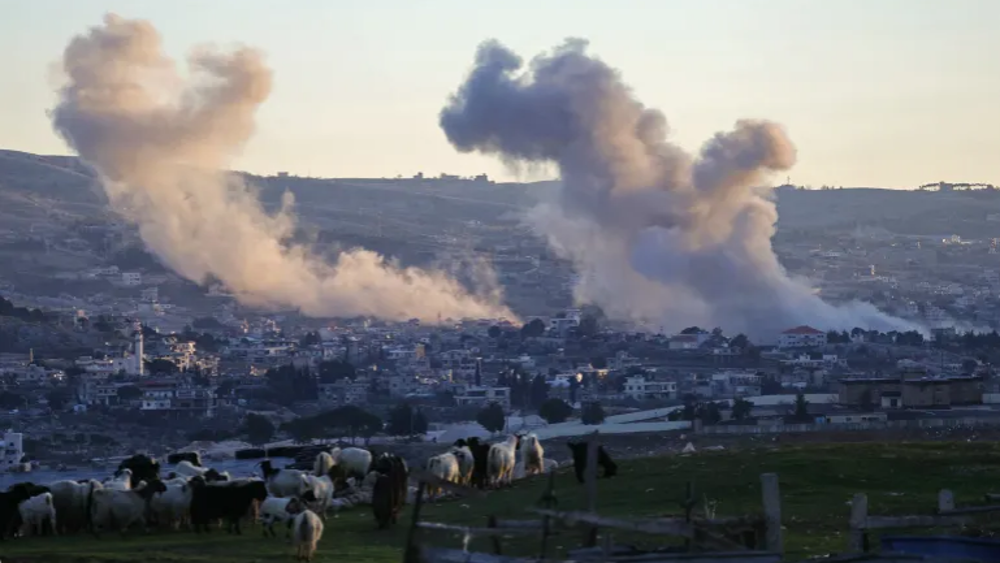
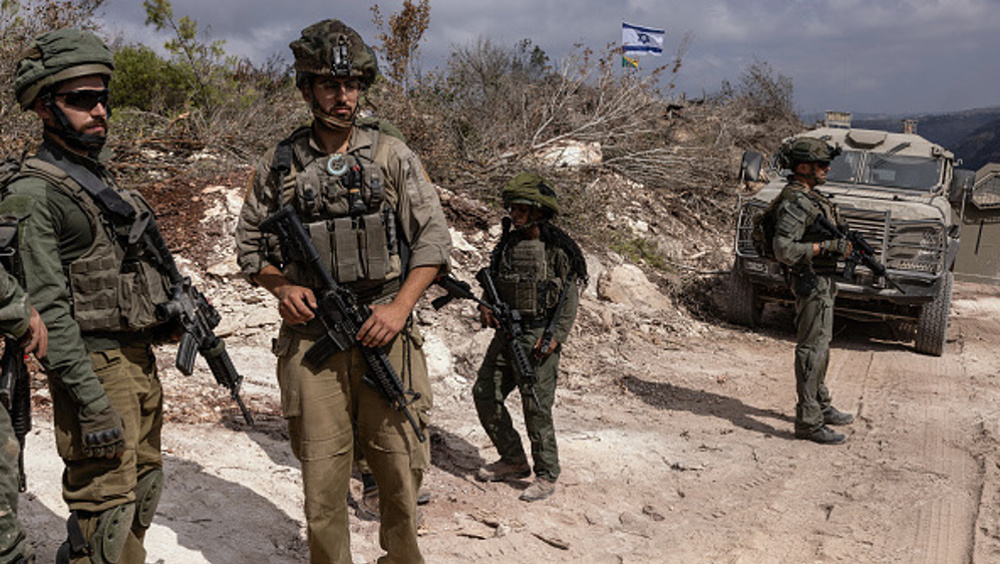
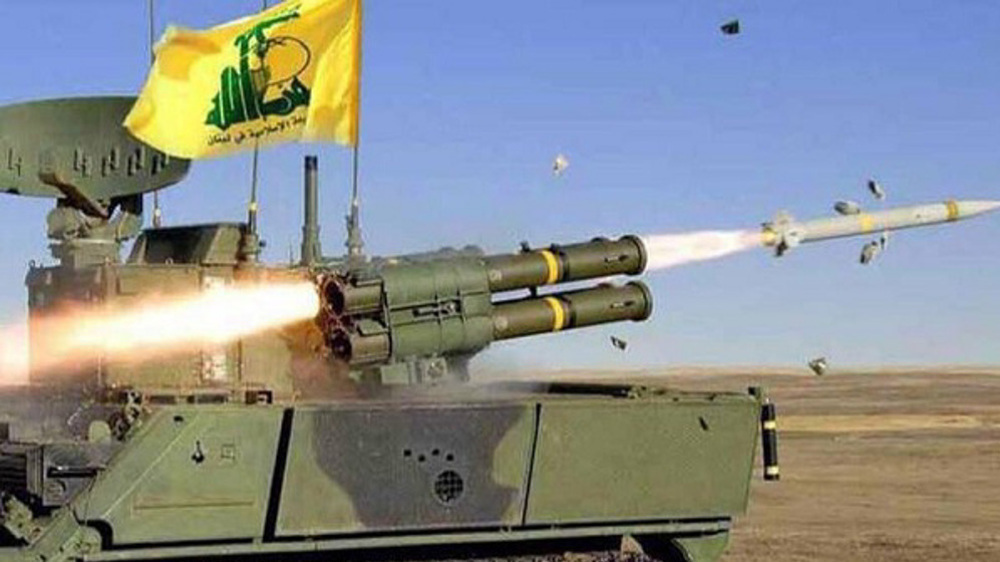



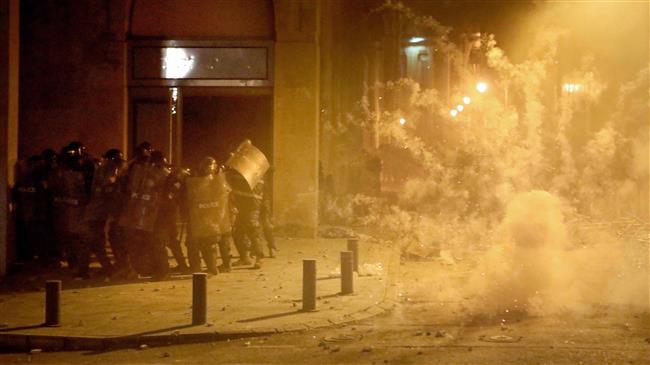
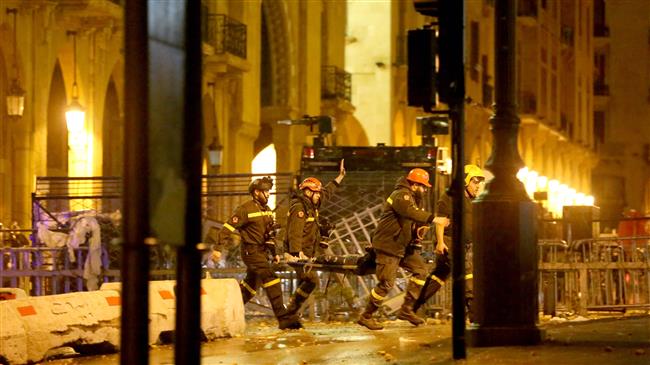
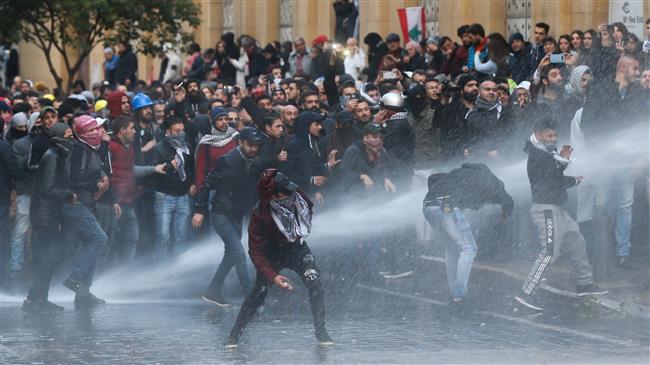

 This makes it easy to access the Press TV website
This makes it easy to access the Press TV website